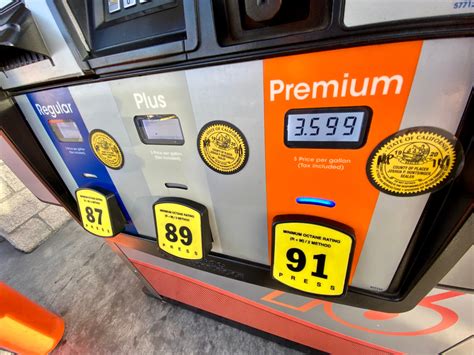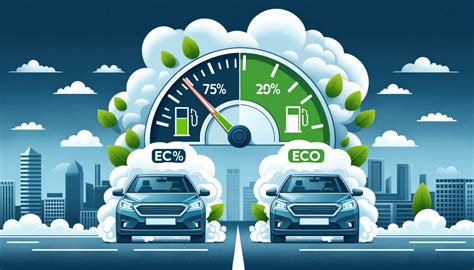Understanding Octane Rating
Many drivers believe that opting for premium fuel, with its higher octane rating, will automatically translate into better mileage or enhanced performance for their vehicle. This misconception often stems from a lack of understanding regarding what octane truly represents. Octane isn’t a measure of energy content or fuel purity; rather, it indicates a fuel’s resistance to ‘knocking’ or ‘pinging’ during combustion.
Engine knocking occurs when the air-fuel mixture ignites prematurely under compression, before the spark plug fires. This uncontrolled combustion creates pressure waves that can damage engine components over time. Higher octane fuels are less volatile and more resistant to this pre-ignition, making them crucial for high-performance engines with high compression ratios or turbochargers.
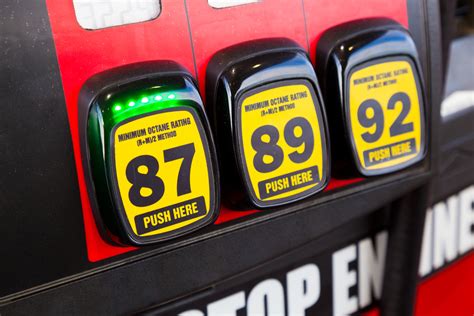
Regular vs. Premium Fuel: What’s the Difference?
The primary difference between regular (typically 87 octane) and premium (typically 91 or 93 octane) fuel is their knock resistance. Most modern cars are designed to run perfectly fine on regular 87 octane gasoline. Their engines feature sophisticated electronic control units (ECUs) and knock sensors that detect any signs of pre-ignition.
If the sensors detect knocking, the ECU can automatically adjust the engine’s timing to prevent it, even when using a lower octane fuel than recommended. However, this adjustment might slightly reduce engine efficiency or power output to protect the engine. For engines explicitly designed for regular fuel, these adjustments are rarely, if ever, needed.
The Myth of Improved MPG
For an engine designed to run on regular 87 octane fuel, using premium 91 or 93 octane fuel offers no discernible benefit in terms of fuel economy (MPG) or performance. The engine’s computer is calibrated for 87 octane and cannot extract any additional power or efficiency from higher-octane fuel.
Think of it like this: if your car’s engine is designed to drink water, giving it juice won’t make it run faster or farther; it just costs more. The extra knock resistance of premium fuel is simply redundant in an engine that doesn’t experience pre-ignition with regular gasoline. You’re essentially paying for an attribute your engine doesn’t need and can’t utilize.
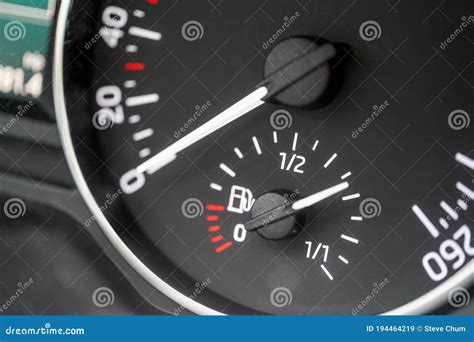
When Premium Fuel Is Necessary
There are indeed vehicles that require premium fuel, and for these, using the recommended octane is crucial. These typically include high-performance cars, luxury vehicles, and vehicles with turbocharged or supercharged engines, or those with very high compression ratios. These engines are engineered to operate at higher pressures and temperatures, making them susceptible to knocking with lower octane fuels.
In such cases, the engine’s ECU is programmed to take advantage of the higher octane, optimizing ignition timing for maximum power and efficiency. Using regular fuel in these engines can lead to reduced performance, decreased fuel economy, and potential long-term engine damage due to constant timing adjustments or actual knocking.
Check Your Owner’s Manual
The definitive source for determining your vehicle’s fuel requirements is your owner’s manual. It will clearly state whether your car requires premium fuel, recommends it, or is perfectly happy with regular gasoline. Most manuals for regular engines explicitly state that 87 octane is sufficient, and that higher octane fuels will provide no benefit.
Paying more for premium fuel when your car doesn’t need it is simply throwing money away. The marginal cost difference per gallon adds up significantly over time, without delivering any return in terms of performance, longevity, or fuel economy. Stick to what your vehicle manufacturer recommends to save money and ensure optimal engine health.
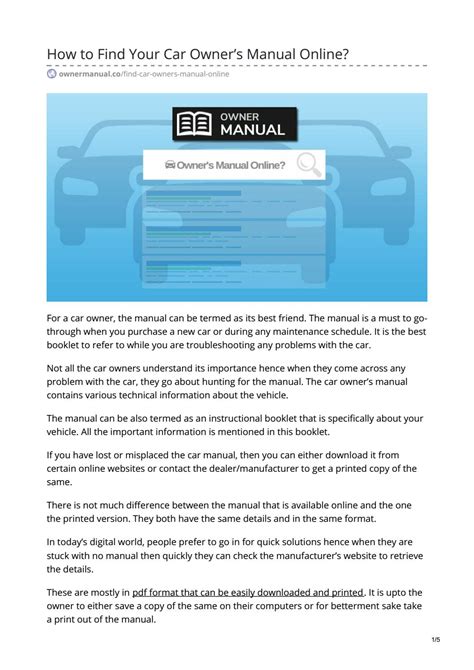
Conclusion
In summary, for the vast majority of vehicles designed to run on regular gasoline, using premium fuel does not improve MPG, increase power, or offer any other tangible benefits. It’s a common misconception that leads many drivers to unnecessarily spend more at the pump. Save your money and stick to the octane rating recommended in your car’s owner’s manual. Your engine will be just as happy, and your wallet will be much happier too.
